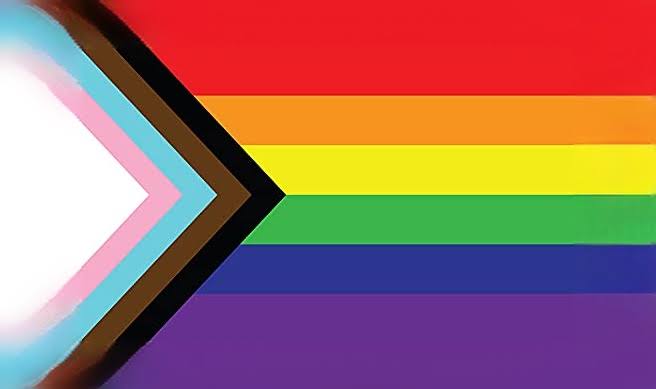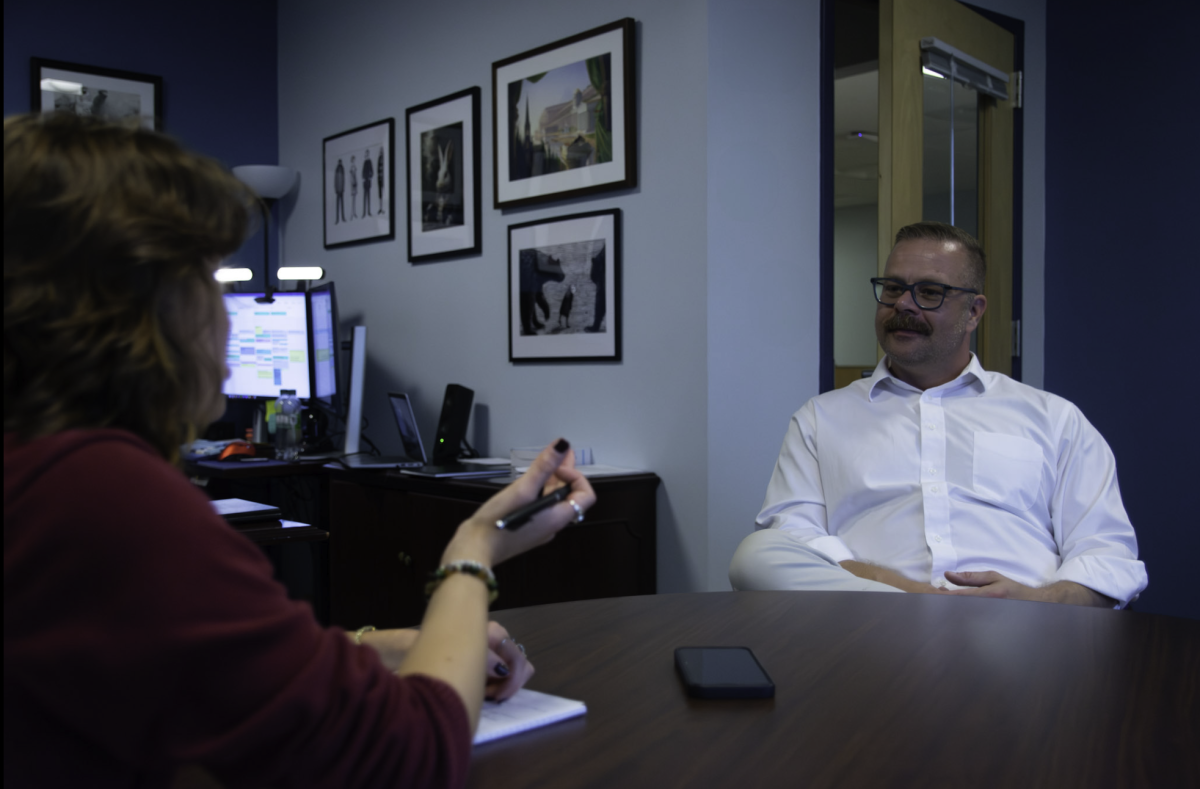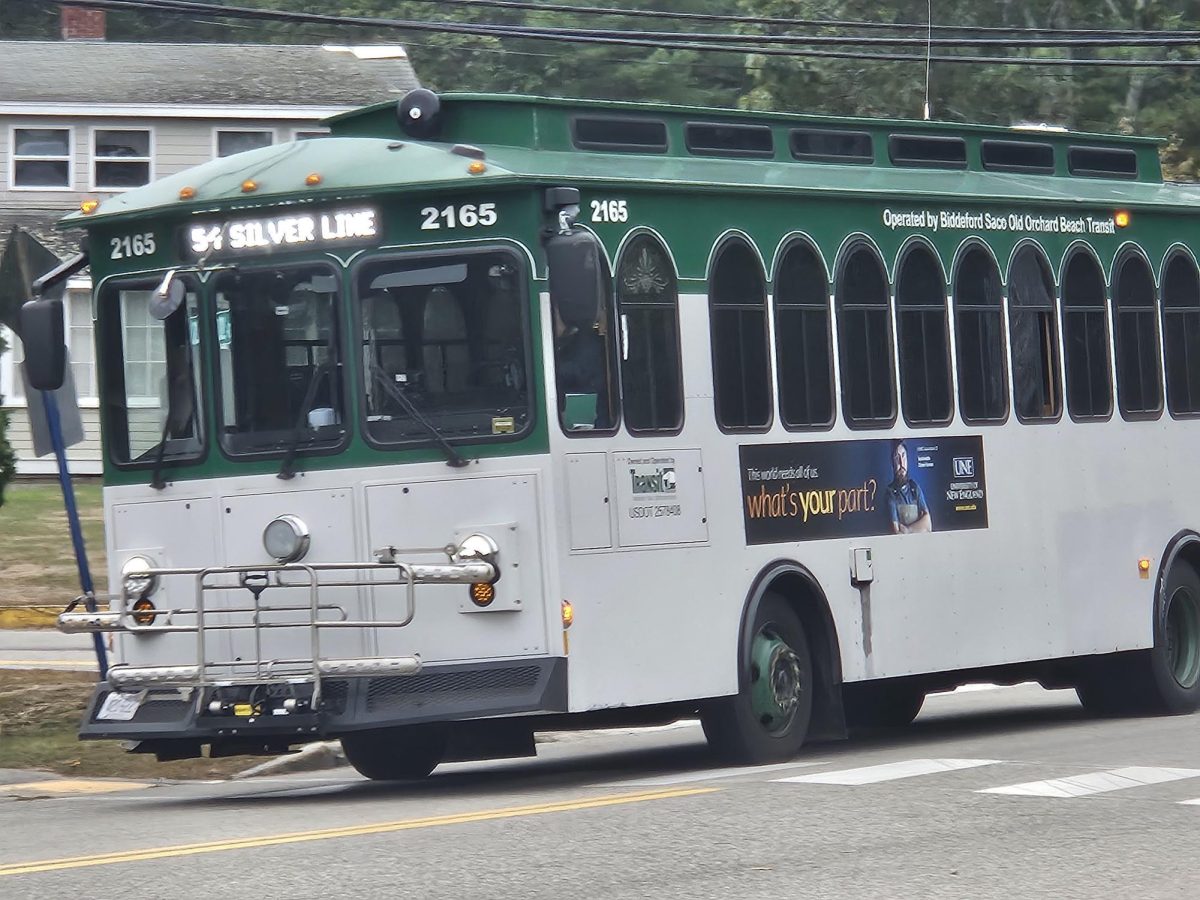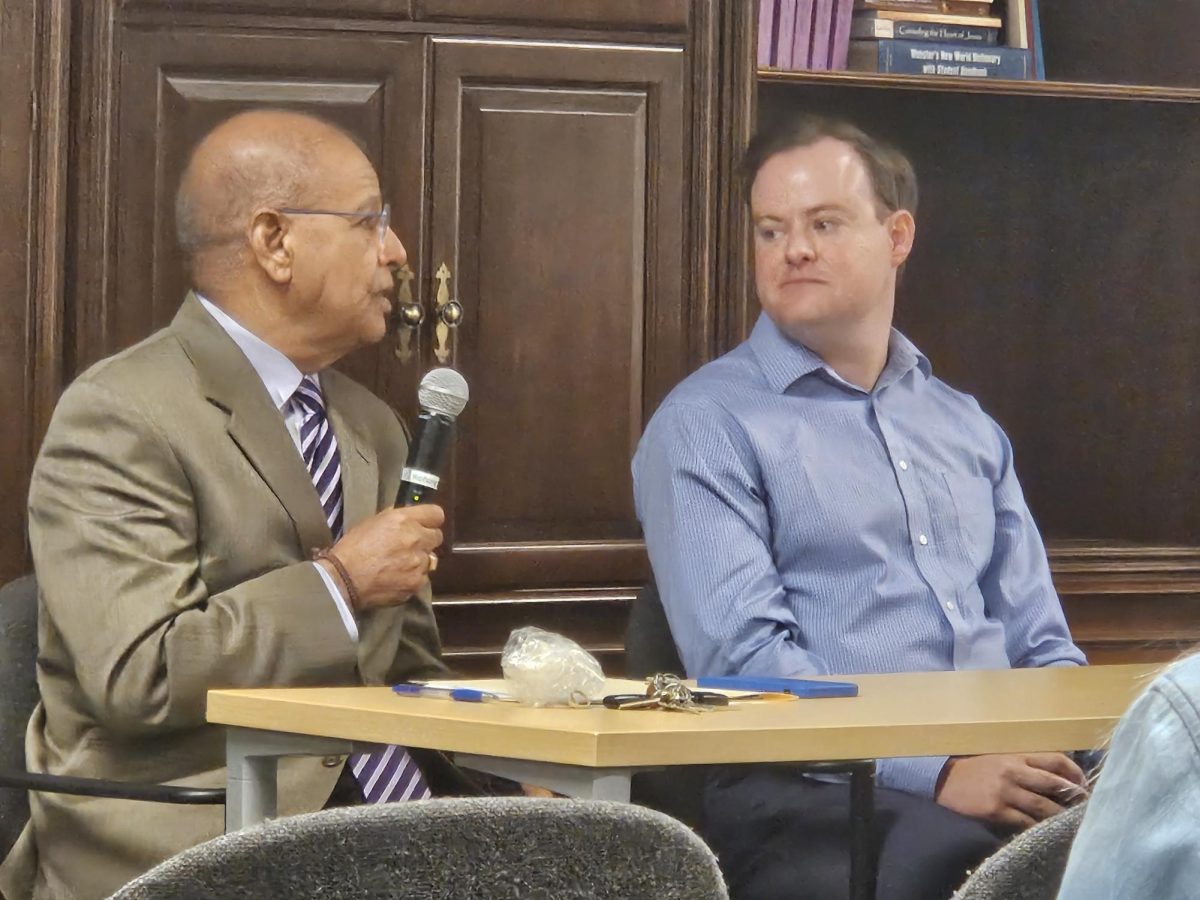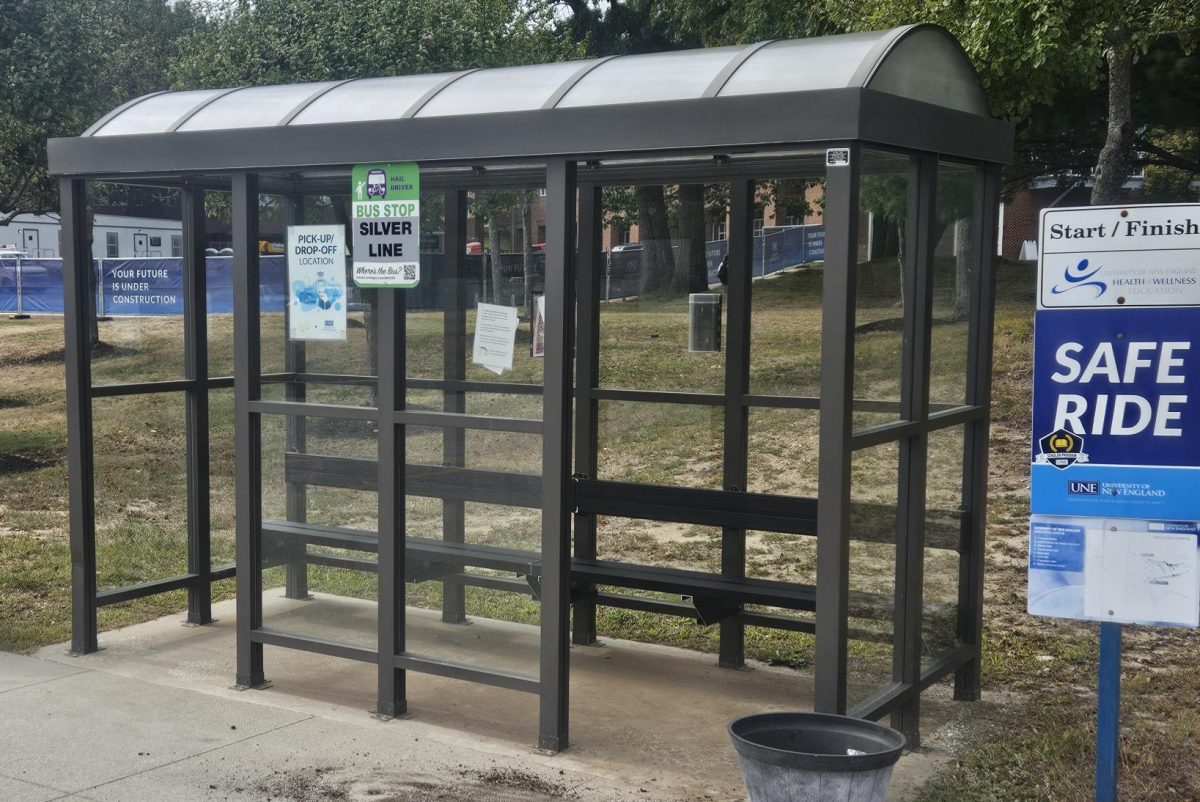A Note about Issue #1: We would like to apologize to any students who have tried to submit questions using the link embedded in our first issue. The form has been recreated at this link, and we can now view and answer submissions. Thank you for your patience while we correct this problem! – Dez, Medical Biology 2024
- I’m starting to have questions regarding my gender identity and/or sexuality; what should I do?
-
-
- First things first, don’t panic! It’s okay to question whether a certain identity or label fits you. It is also perfectly fine if, after questioning, you find that you aren’t under the LGBTQ+ umbrella. Everyone takes self-discovery at their own pace – there’s no one right way to go about it. It may be tempting to try and find a concrete answer right away, but allow yourself room to try different things out.
- One option if you’re feeling stuck is to research and educate yourself on different identities. Websites like The Trevor Project and PFLAG are great starting points, as they provide a variety of resources, including glossaries and/or general information pages. Alternatively, you might want to look for support specifically geared toward what you have noticed about yourself (ex. “attraction to men and masculine people” or “nonbinary but feminine”) to be pointed in the right direction. It may also be helpful to reach out to family and/or friends within the community, as they will likely have tips and pointers from their own journey.
-
- Recently I’ve discovered that I’m queer, but I’m not out to anyone. How do I go about telling people? Do I have to?
-
-
- Coming out to others can be difficult, especially if you know that certain people (friends, family, coworkers, etc.) will be unsupportive. The decision to come out is completely up to you, and you should only do so if you feel safe. Those closest to you who will love and support you most are a good place to start but listen to your gut feeling when deciding who to share this with. How you tell them can vary – some people may drop the information in a casual conversation, while others will carve out a designated sit-down to talk about it. Regardless of the circumstances, try to go in with some idea of the different reactions you may get – by anticipating possible outcomes, you can manage expectations and respond appropriately.
-
- Why do LGBTQ+ individuals need their own club or support space?
-
-
- While LGBTQ+ people have become more visible in the past decade, this does not mean that they are completely accepted or safe. Many countries still consider being queer a crime, and being out of the closet can put people at risk of being disowned, homeless, assaulted, or killed, even in “safe” countries. Queer folks need to take extra care when interacting with others, as even a passing reference to a same-sex partner or gender-affirming care can spark a much larger problem. These support spaces are meant to give people a chance to gather without the additional stresses and pressures that typically come with day-to-day relations.
-
- Do I have to be a member of the LGBTQ+ community to join the Alliance club at UNE?
-
-
- You do NOT need to be a member of the queer community to join Alliance. As long as you’re an ally, you are welcome to join us!
-



